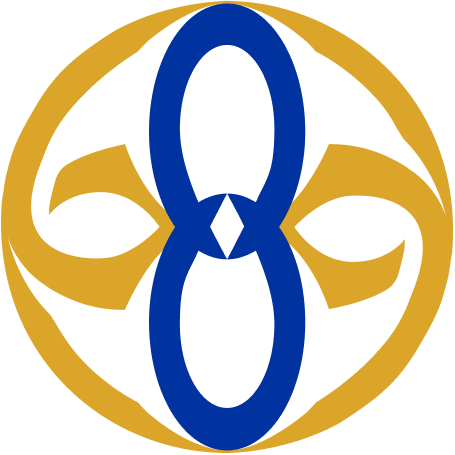Is It Really “Science-Backed”? How to Spot Truth vs. Trend in Modern Healing Claims
- Li-Mei Lin
- Jul 17
- 3 min read
Everywhere you turn in the personal development world, there’s a new modality “backed by science.”
Healers, coaches, therapists, practitioners, even influencers drop phrases like “studies show” or “according to neuroscience,” as if these are magic wands that instantly validate their methods.
But here’s the hard truth:
Most of them couldn’t tell you where the science comes from — or whether it’s real.
🧠 Case in Point: “60,000 Thoughts a Day, 80% Negative”
I just read the following claim from an online learning platform:
“According to the National Science Foundation (NSF), the average person has 60,000 thoughts a day — 80% of which are negative.”
Sounds compelling. But guess what?
No such NSF study exists.
The quote has no verified origin.
Even Dr. Fred Luskin — often cited — has publicly stated he never conducted a research study that yielded this statistic.
It’s been repeated so many times online (by well-meaning coaches, therapists, and speakers), it just started sounding true.
⚠️ Why This Matters
When you're choosing someone to guide your health, growth, or healing journey, you deserve more than recycled quotes and trendy marketing science language.
This is your nervous system.
Your trauma.
Your leadership.
Your psyche.
Your inner world.
Your life.
Your legacy.
If someone says their work is science-backed but can’t name the study, explain the data, or even reference a field of science — it’s not science. It’s branding.

🧭 How to Validate Claims Like a Pro
You can vet content credibility by checking for verifiable sources.
Use these quick litmus tests when evaluating any post, program, or presentation:
And most importantly:
Check if the claim has a direct source — or was it just “heard from someone who posted it on LinkedIn.”
🔁 This Is Bigger Than Fact-Checking
This isn’t about shaming practitioners, healers, coaches, therapists or any other providers.
It’s about empowering you to make aligned choices with clarity and discernment.
The more you separate real evidence from branded storytelling, the more powerful, aligned, and trustworthy your healing journey becomes.
At True Whealthness™, we come from both worlds:
Our founder is a neurosurgeon who knows how to conduct the science and read data.
We also work with energy, intuition, and the unseen — with reverence, not romanticization.
We honor both science and soul — allowing each to stand with equal solid footing independently. But we never confuse the two.
💬 Bonus Tip: Use AI to Fact-Check Like a Scientist
If a bold claim doesn’t include a source, you can always ask:
“Is there a credible source for the claim that [insert claim]?”
Try it right now. Copy and paste a quote into ChatGPT or your favorite AI tool and ask:“Where does this come from?”
If the response includes peer-reviewed sources, dates, authors, or journal names you can actually verify — you're likely looking at real data.
If the AI gives a vague answer or says “no source found”, you've just dodged misinformation.
AI tools can help you quickly verify evidence-based claims before accepting them as fact.
✅ Bottom Line
Claims about “science-backed” healing should include clear citations or references.
When someone claims their work is rooted in science, ask:
Where does that science come from?
Is it accurate, or just alluring?
Can they answer your questions honestly with details?
Because truth isn’t trendy.
And real alignment starts with asking better questions.

